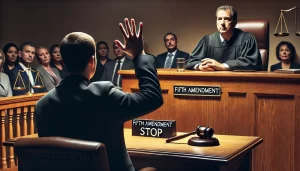An arbitration provision was not illusory when:
“[T]he arbitration provisions apply equally to all parties. The arbitration provisions cannot be amended or terminated unilaterally by the LPs—that would require the approval of partners owning the requisite supermajority of capital interests under the partnership agreements. As previously discussed, amendments to partnership agreements may be duly adopted in accordance with the terms of the partnership agreement to which the limited partner initially agreed.”
Caprocq Core Real Estate Fund, LP v. Essa K. Alley Revocable Trust No. 2, No. 05-22-01021-CV (Oct. 25, 2024) (mem. op.).





